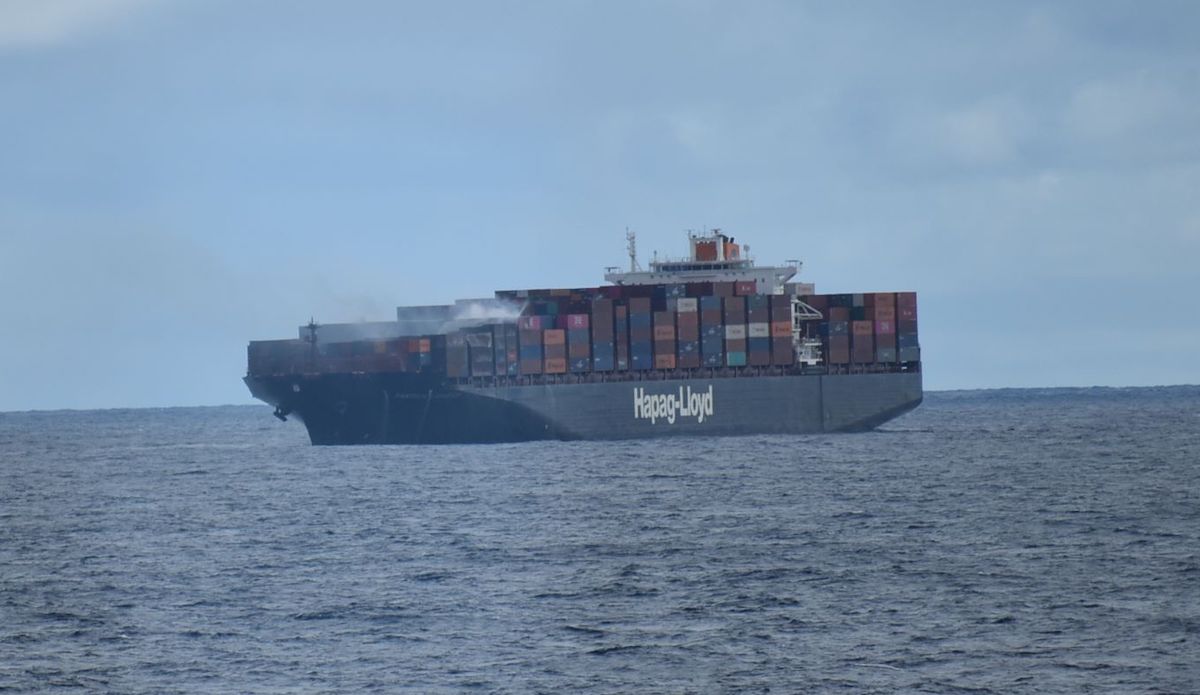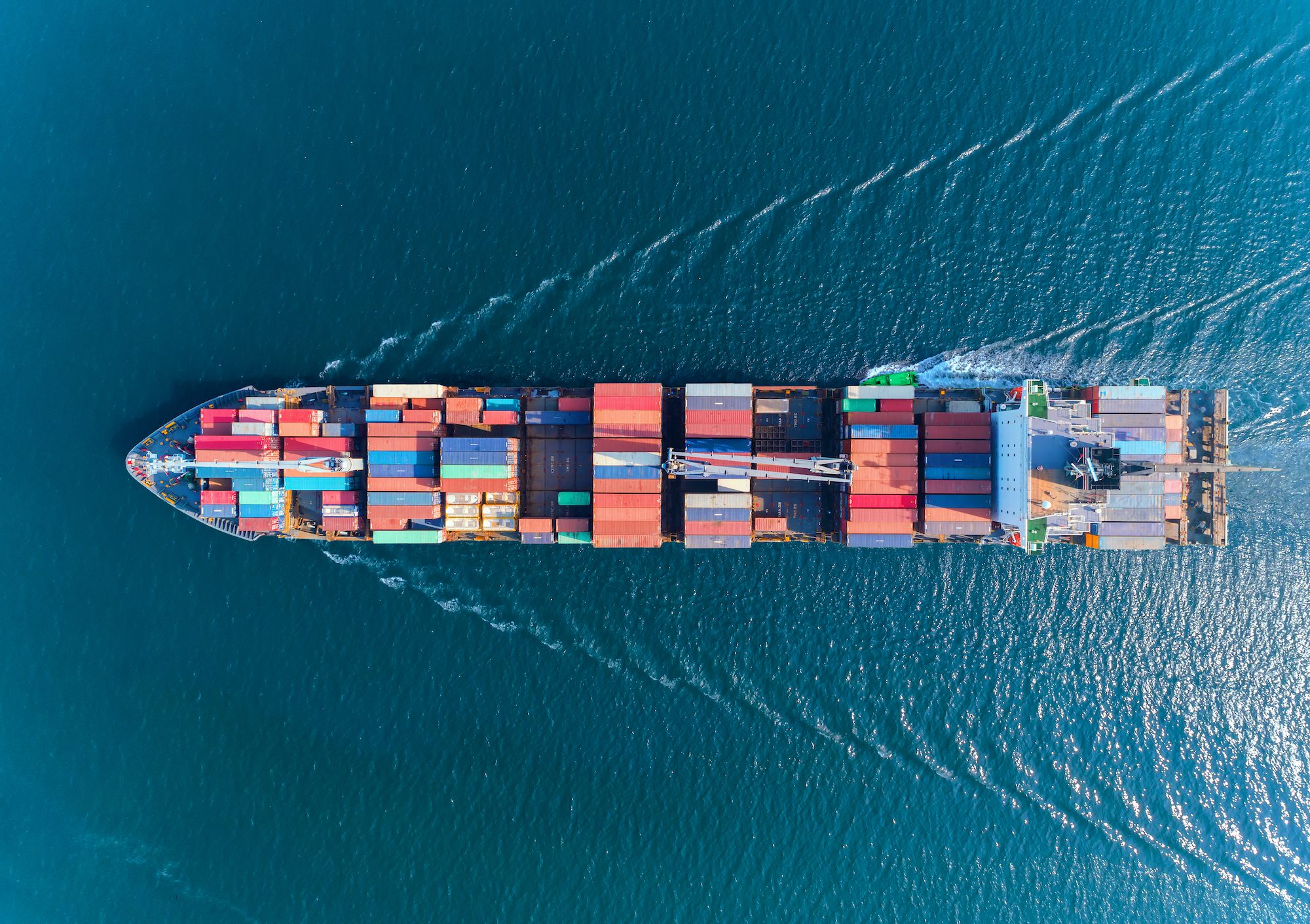Despite efforts from industry and government, mis-declared dangerous goods continue to cause fires and explosions on board containerships, endangering lives and the environment.
To address the issue, the World Shipping Council (WSC) is taking action to strengthen cargo safety standards and protect the supply chain.
Containership fires have been on the rise, often due to mis-declared hazardous cargo. According to the 2023 Allianz Safety and Shipping Review, there have been 64 reported fires on containerships in the past five years. In 2022, fire-related incidents at sea increased by over 17% compared to the previous year. One of the key factors contributing to these fires is hazardous cargo that has not been declared, mis-declared or that has not been properly packed by shippers.
Despite regulations, mis-declaration and non-declaration of dangerous goods in transport pose challenges, increase the risk of ship fires, and make firefighting more difficult.
The combat the issue, the WSC is taking the lead in implementing safety measures to protect lives, the marine environment, and cargoes and vessels. Today, they are announcing the development of a shared industry process for cargo screening and inspections, building on existing screening processes and policies used by member carriers.
The Cargo Safety Program, a voluntary initiative, will use a digital solution consisting of a Common Screening Tool, Verified Shipper Database, and Database of Approved Container Inspection Companies, provided by an independent third-party vendor.
The system’s main function is to screen booking information using a keyword library and risk algorithm to identify high-risk bookings. These bookings will undergo further investigation and/or inspection to prevent dangerous goods from entering the supply chain. Continuous improvement of the screening tool will be based on lessons learned from experience.
The WSC says this common safety approach will help reduce risks related to non-declared or improperly declared dangerous goods, while also improving compliance with regulations and streamline the transport of compliant dangerous goods.
“A common industry approach to cargo safety will create a safer working environment not only for ship crews, but for everyone involved in inland transport or working in ports and terminals, as well as for the communities around us,” says John Butler, President & CEO of the WSC. ”For shippers, it will make ocean transport more efficient and dependable, by stopping dangerous shipments that can disrupt the supply chain.”
The WSC is now launching a Request for Proposals from independent third-party providers to develop digital tools and manage the Cargo Safety Program process. Details can be found here.

 Join The Club
Join The Club











